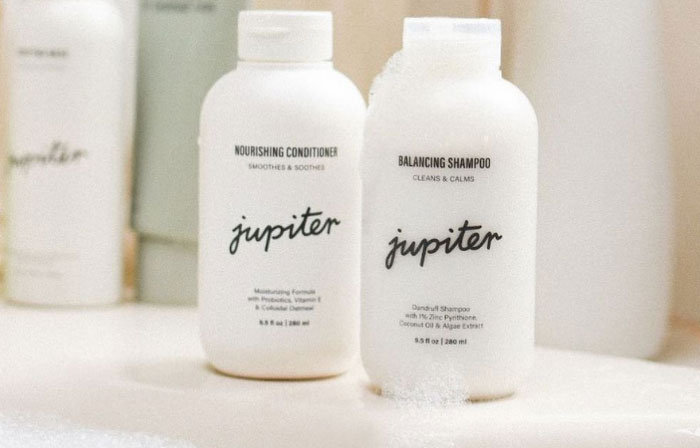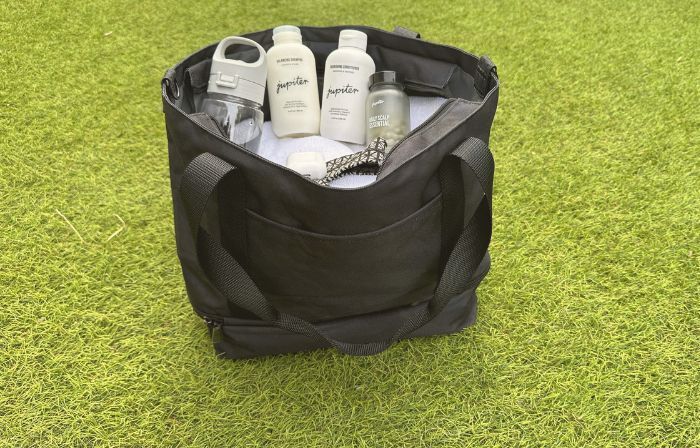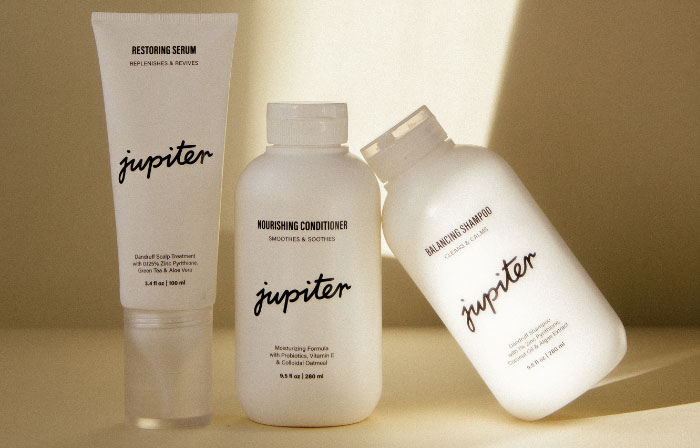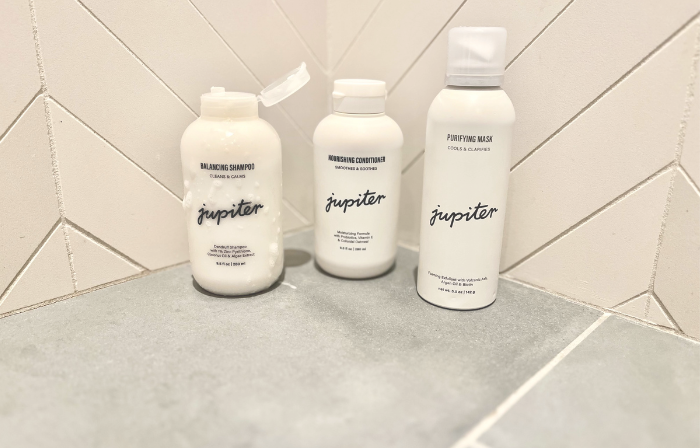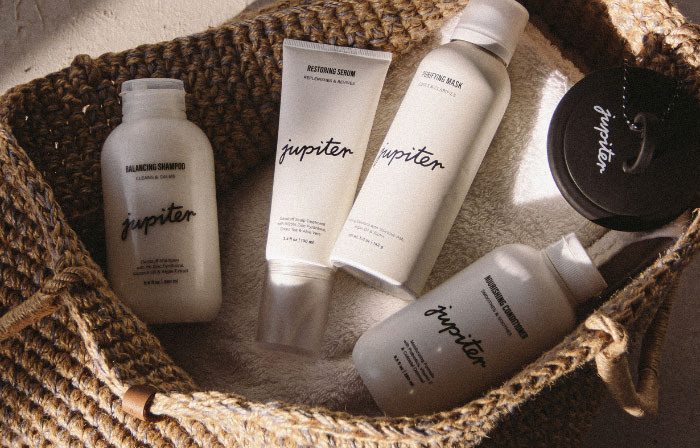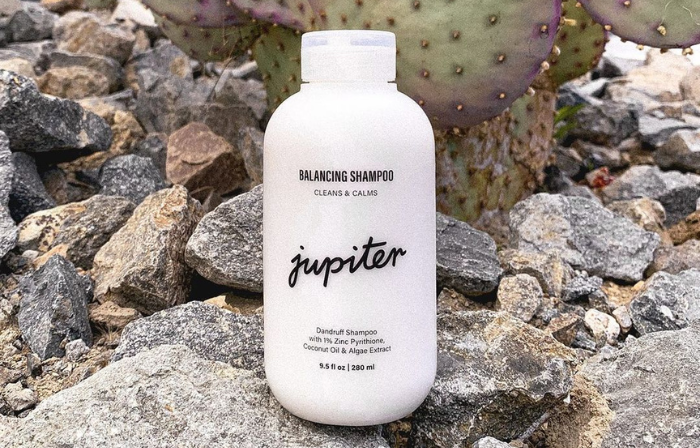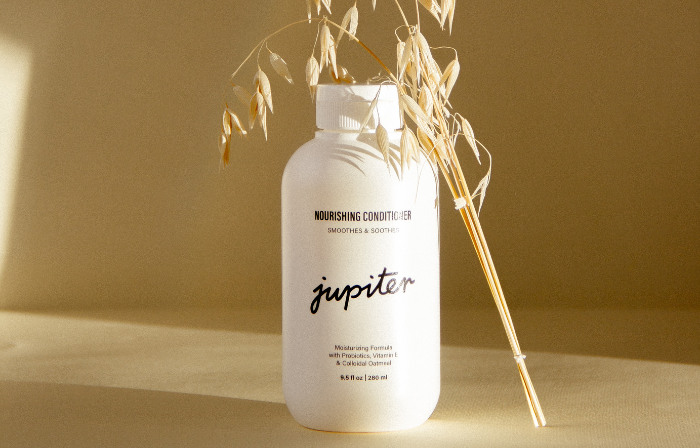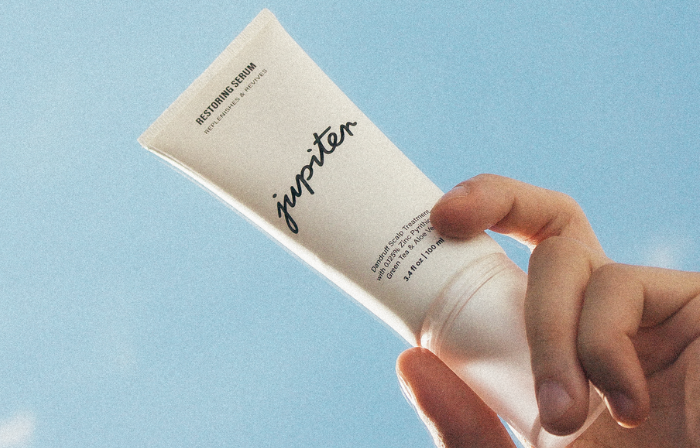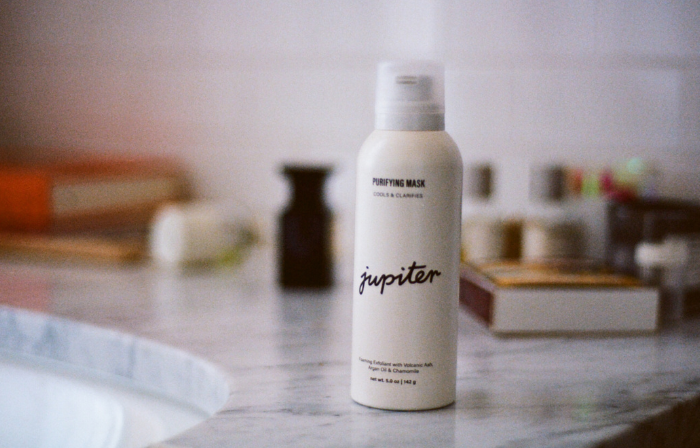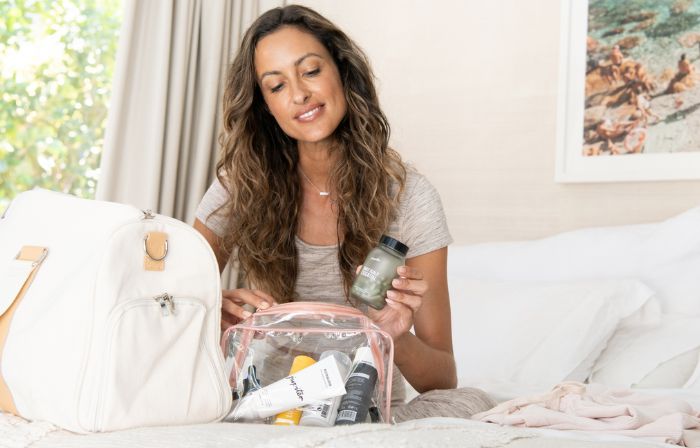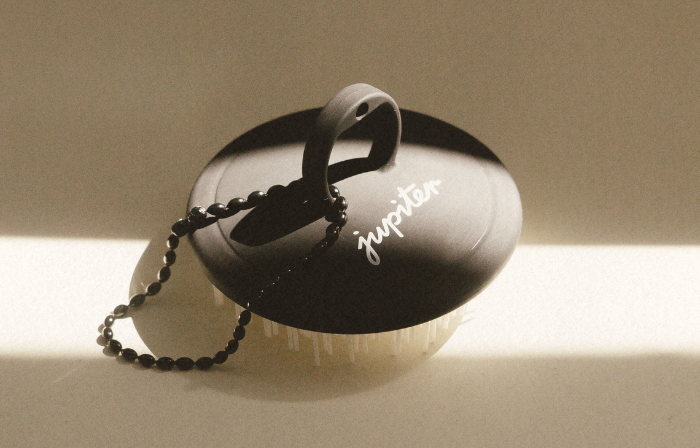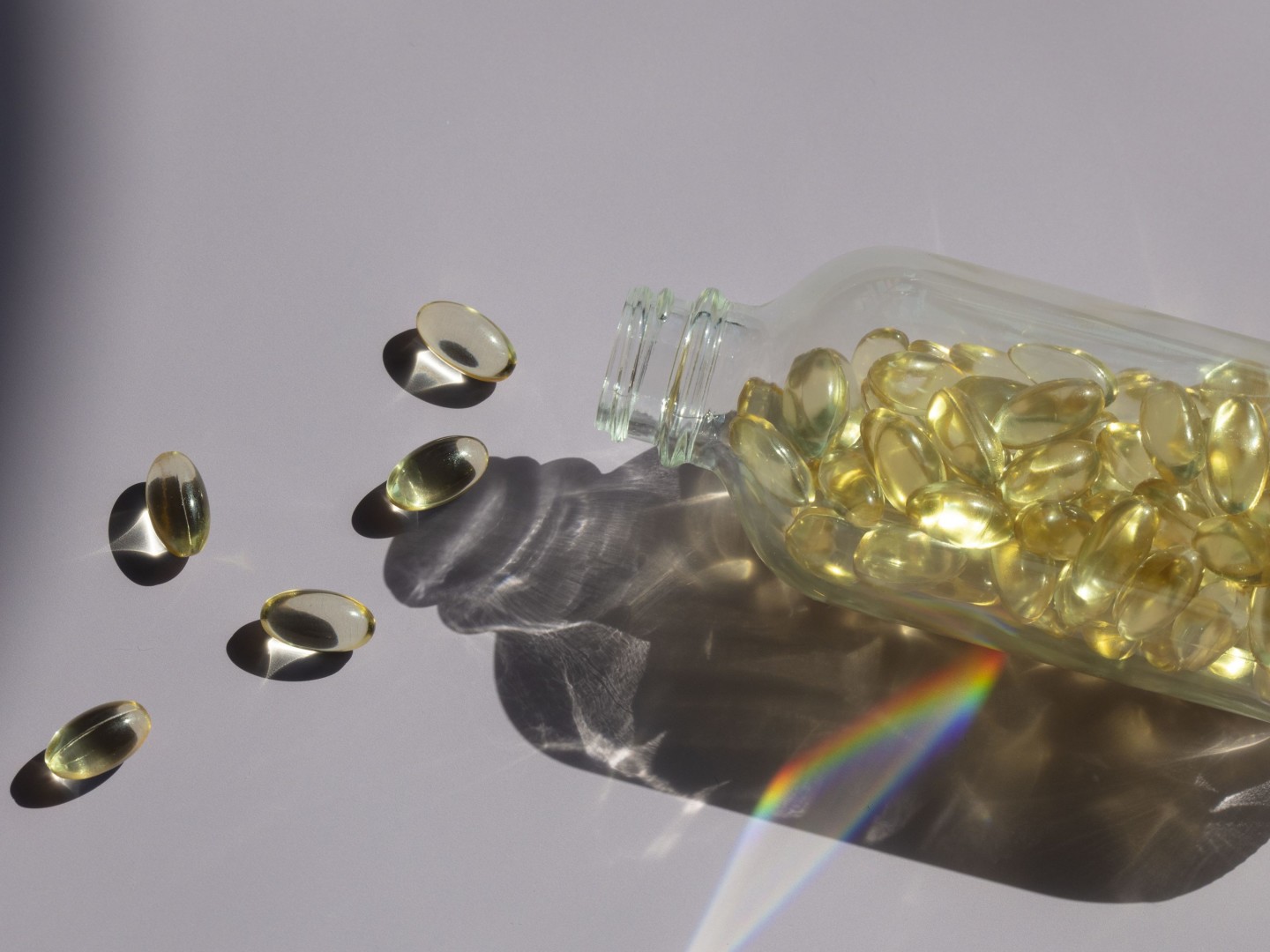If you could bottle up beauty into a mysterious, honey-colored liquid, you might just end up with vitamin E.
For generations, this fat soluble vitamin has been beloved as a health and beauty supplement. It’s said to possess miraculous, anti-aging, wrinkle-fighting skin benefits. Advocates also believe it can promote luxurious, shining locks of hair. Some say it can even help your dandruff.
So should you start bathing in a vat of vitamin E? Before you get too invested , let’s learn a little more about vitamin E - and its purported benefits.
What is Vitamin E?
Vitamin E is actually a group of eight antioxidant chemical compounds, known as alpha-tocopherol in forms such as tocotrienols and tocopheryl, known for their ability to disarm free radicals in your body, according to the National Institutes of Health (NIH). It often works with other minerals like selenium in order to do this. Because your body is unable to create these compounds itself, vitamin E is considered an essential dietary intake. It plays a vital role in protecting your cell membranes, while helping widen blood vessels and prevent blood clotting. Vitamin E is most commonly found in the form of vitamin E oil.
Despite the fact that most adults don’t get the recommended dietary allowance of vitamin E in their diet even in a multivitamin, incidences of true deficiency are rare. Deficiency can be a side effect of low-fat diets. If you have a vitamin E deficiency, you’ll eventually see a range of unpleasant symptoms, including nerve problems, dry skin, and hair loss. The RDA (or recommended daily allowance) for people over the age of 15 is generally 22 IU (international units), although people with conditions like cystic fibrosis are more at risk of deficiency and may have to adjust dosage.
On the other hand, consuming high doses of vitamin E can be harmful to your health. The toxicity that results from excess vitamin E can cause muscle fatigue and impairment, nausea, diarrhea, and in some cases more severe issues like heart disease or increased risk of prostate cancer. But in proper doses, doctors and healthcare professionals often give medical advice regarding vitamin E supplementation for a wide range of health issues.
Vitamin E in Medicine
The antioxidant properties of vitamin E have made it a powerful tool for treating a range of diseases. It has been used as an intervention method for macular degeneration, Alzheimer’s disease, and Parkinson’s disease, and some research, clinical trials, and randomized controlled trials have found that the effects of vitamin E may help cancer patients deal with the side effects of chemotherapy and might even help in cancer prevention.
Vitamin E is also used to treat various blood disorders such as anemia caused by chronic illness or low levels of blood protein. It has also been used to treat severe menstrual cramps and scarring in the kidneys in patients with kidney disease.
Of course, like many health remedies, some of vitamin E’s supposed medical uses have been debunked. For example, there’s no evidence (despite myths to the contrary) that slathering vitamin E onto a wound will help it heal without scarring. In fact, some research has even found that it can actually worsen the cosmetic appearance of a healing injury. However, health and beauty products that contain vitamin E are safe to use.
Benefits of vitamin E
Countless products that contain either topical or dietary vitamin E claim that the role of vitamin E is to fight wrinkles, repair damaged or dry hair and skin, and treat acne, and even enhance your immune system and immune function. But do these benefits really hold water?
The short answer is: largely, yes.
A major review of scientific literature confirmed that vitamin E is a natural anti-inflammatory, which can “complement the photoprotective effects of other antioxidants in the skin.” In other words, vitamin E really can protect your skin from the aging effects of sun exposure, like wrinkles and sagging. And because it fights inflammation in your body, vitamin E can help other antioxidants (like vitamin C and beta carotene) do their job even better, protecting your body from oxidative stress.
The study also concluded that vitamin E has “skin barrier-stabilizing properties.” The skin barrier is the outermost layer of your skin tissue. It keeps out germs and contaminants, while trapping moisture in, giving your skin that bright, youthful glow. If you’re trying to keep your skin healthy and luminous, a strong skin barrier is exactly what you need.
Of course, hair and scalp health are closely related to skin health. No surprise, then, that research has also shown that other forms of vitamin E aside from its natural form, such as dietary supplements, have protective effects which can help stimulate hair growth, repair fragile hair, and improve scalp conditions that lead to flaking. While that doesn’t mean vitamin E alone can sufficiently treat dandruff, it does tell us that this compound can play an important part in overall scalp care. (More on that shortly.)
Vitamin E can also help preserve your eyesight and fight against age-related macular degeneration and retinopathy.
Where Does Vitamin E Come From?
There are many natural sources of vitamin E in a well-balanced diet. If you’re eating leafy greens, nuts or sunflower seeds,, avocados, and olive oil or vegetable oil, you’re probably getting a healthy intake of vitamin E in your meals. Some people also get a supplemental dose of vitamin E by topping cereal or yogurt with wheat germ, or including it in recipes for muffins or smoothies.
Of course, you can also take a vitamin E supplement. The mixed tocopherols in natural vitamin E oil are typically derived from soybean oils. Some manufacturers in the beauty industry prefer synthetic versions because they have a longer shelf life and are less acidic, while others turn to natural vitamin E because it is often more easily absorbed by the body and allows for sustainable formulations. Either way, vitamin E is a powerful ingredient in medications, supplements, and cosmetic products.
Incorporating vitamin E into your hair care regimen (in moderate, precise quantities) may help maintain your scalp’s natural moisture.
How Does Vitamin E Help With Dandruff?
To better understand how vitamin E interacts with your scalp, it’s important to look at the conditions that cause dandruff in the first place.
Dandruff is simply flaking that results from the irritation of your scalp. This flaking can be caused by many underlying conditions, including dry scalp, psoriasis, eczema, and seborrheic dermatitis. When these triggering conditions irritate your scalp, its microbial balance is disrupted, and flakes of dead skin cells slough off. These are the white or yellowish flakes that you’ll find on your hair and clothing if you’re experiencing dandruff.
Because dry skin is one of the underlying causes of dandruff - and because the spiraling irritation of dandruff can throw off your scalp’s moisture balance - vitamin E has a very helpful role to play. Incorporating vitamin E into your hair care regimen (in moderate, precise quantities) may help maintain your scalp’s natural moisture. Vitamin E may also help protect your scalp from harsh UV rays, which can further stave off irritation, thus keeping dandruff at bay.
Again, it’s important to note that these are all benefits of the topical use of vitamin E. Unless you have a serious vitamin deficiency, increasing your vitamin E intake or using dietary supplements will probably not help you. Always seek medical advice for questions regarding which form is best for you, and be sure to follow up with your doctor if you do decide on a treatment plan involving vitamin E supplements.
Can I Use Vitamin E as a Home Remedy for Dandruff?
Clearly, vitamin E can offer benefits for scalp and hair health. But using vitamin E on its own won’t address the underlying causes of dandruff.
Using too much vitamin E oil can clog your pores, which will lead to a build-up of the natural oils your scalp produces. These oils are perfect food for Malassezia - a microscopic yeast that gets out of control in people with dandruff. (Remember above when we mentioned your scalp microbiome going haywire? That’s Malassezia at work.) If you’re trying to soothe your scalp and get your oil balance under control, pouring on a bunch of additional oil probably isn’t a good idea.
To further complicate things, vitamin E oil also needs to be adequately diluted, or it may directly irritate the scalp and worsen your flaking. Hair and scalp care involve exact chemistry to work correctly, and too much of one ingredient may render the others ineffective.
These are all reasons why you should leave scalp chemistry to the experts. You need a professionally formulated dandruff shampoo. High quality brands will include vitamin E as a moisturizing supplement, but will fight flakes with the active ingredient Zinc Pyrithione. Zinc Pyrithione is a champion in the fight against flakes. Study after study has proven that it’s effective at treating the root causes of dandruff.
The Winnable War Against Flakes
Dandruff can’t be cured. But that doesn’t mean you’re doomed to live with it. In fact, flakes are something you can completely and easily treat without a headache. All you need is a dandruff and scalp care brand that fights flakes with Zinc Pyrithione and moisturizes your scalp with beautiful, natural ingredients.
It's essential to find a regimen that leaves your scalp soothed and cleansed, and flake free, with products that delight the senses and lend a touch of luxury to your bath time.
